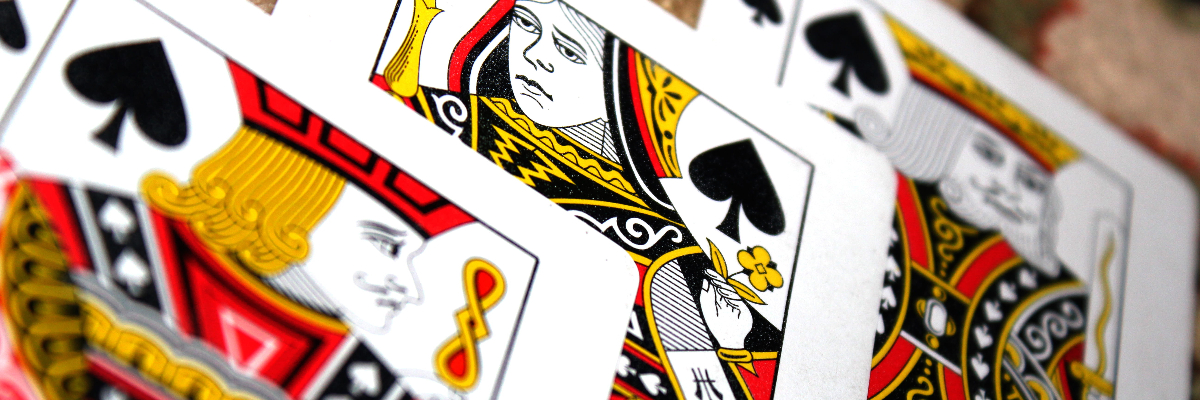According to the latest study by the UK Gambling Commission, there is a 45% decline in online gambling, especially among young people between the ages of 16 and 24. Most use the PC but the number of mobile igaming has increased by 10% in 2017. 27% of hundreds of players are between 25 and 34 years old, but those who bet the most are the players aged the third, between 55 and 64 years old. At the same time, it was discovered that an online gambling user has on average up to 4 player accounts opened at different operators.
According to a renowned psychiatrist, Robert Custer, there are 6 types of players, who have different levels of play – with minimal, moderate and high risk. Although they have different social and personal skills, there is a pattern between players. What category of player do you belong to?
Free players – this category includes players who only play demo versions of the games and do not want to risk anything. It is a free form of fun and poses no risk to their future. Most of the time they do not have player accounts open to operators, they only choose platforms that offer demo games without registration.
The occasional social player – these users perceive gambling as a recreational activity, where they allocate a certain budget for this attraction and will not exceed it in any form. This category never neglects their professional or family duties and does not present any risk of developing an addiction to games. The social player bets occasionally and most of the time will opt for a category of games where he can interact with other players.Serious social player – considers this industry to be the primary source of entertainment, the only source of entertainment available. These players have good control over budget and decisions, but there is a higher risk of developing gambling addictions when playing in a different emotional state – trauma / ecstasy / stress / anxiety.
The professional player – those who fall into this category take the game to a high level, as a way of earning a living. They rely on skills, calculations, game discipline and do not risk impulsively. A professional player maintains a perfect balance in the conduct of the game and invests a lot of time in the psychology of the game, before entering with money. Most professional gamblers are not addicted to gambling and they only play games that can be influenced by skills, knowledge and experience.
Relief and escape player – this category includes the player who bets only when faced with anxiety, depression, emotional distress, anger, boredom. This type of player presents an extremely high risk and not for addiction but for the loss of large sums of money. This type of user returns to gambling only in the midst of an existential crisis, a period in which he is extremely vulnerable and can lose control of his actions.
Compulsive gambling – is a category of gambling that no one wants to be part of and yet there are enough. They have no control over the needs of the game. Most of the time the compulsive gambler shows signs of alcohol dependence, is financially unstable and gambling is a priority for other activities in life, such as family, work. This kind of player cannot be stopped or corrected only with a self-exclusion function, they require long-term professional treatment and a final break from the gambling scene.

